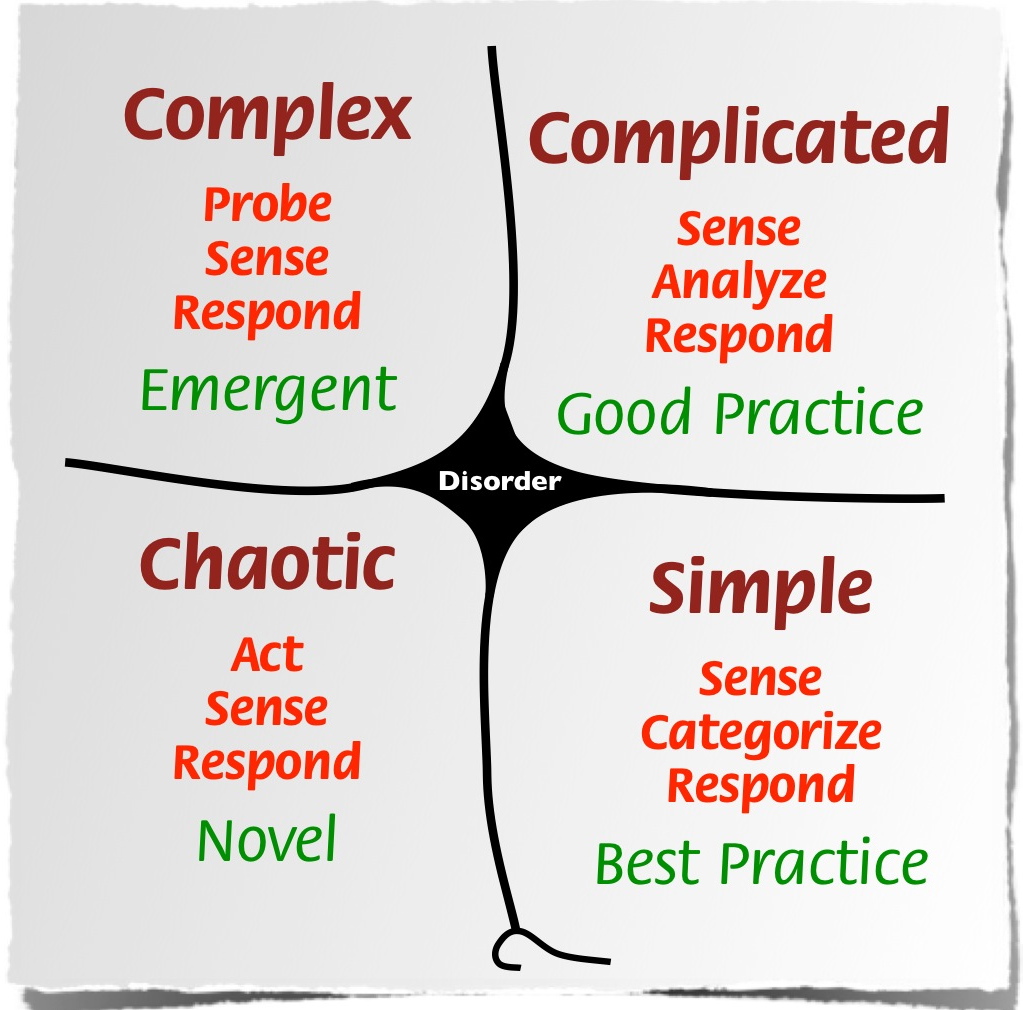intro to complexity theory
31 Jul 2017there are many forthcoming posts (and some i’ve already written about systems in general) that deal with complexity. in order to make sure those posts are well-grounded, i feel like it’s important to write through my understanding of complexity theory.
so first: the why? why does this thing called complexity theory matter?
for me, it matters because i want to make the world a better, more loving, more sustainable place. those are huge (and yet also very tiny) goals but in order to achieve them, i need to know how to act towards particular sub-goals. taking appropriate action requires knowing something about the system in which you’re acting. that way, when you act, you know what the system’s likely response will be.
ok, so now that that’s laid out, what is complexity theory? complexity is theory is a set of beliefs about how complex systems work. and a complex system is a system in which interrelated parts impact each other. these impacts and relationships can be both expected and unexpected.
complexity theory matters to me because i believe most systems in the world are complex. it is the unexpected ways in which elements of complex systems impact each other that make problem-solving difficult. i believe that many of the problems we’re dealing with today are a result of treating complex systems like complicated, sometimes even simple systems. but what’s a complicated system?
the cynefin diagram is useful here. the cynefin (which means “habitat” in welsh) diagram is a tool created to help decision-makers understand the rules of the “world” or “domain” they’re in. knowing the rules of your current domain helps you make prudent decisions. the five areas are simple/obvious, complicated, complex, chaotic, and disorder. the graphic below explores the basic parts of each domain…
anyway, so complexity theory matters to me because i believe i move in a complex world and knowing the rules of that world allows me to take action in ways that will help me move towards my goals.
now i can talk about some more evolutionary leadership thinking from gibraán, like why people buy expertise to solve the wrong problems, how to learn how to act in complex systems, and how to shift chaotic systems into complex ones.
words / writing / post-processing
350w / 14min / 17min
